Advertisement
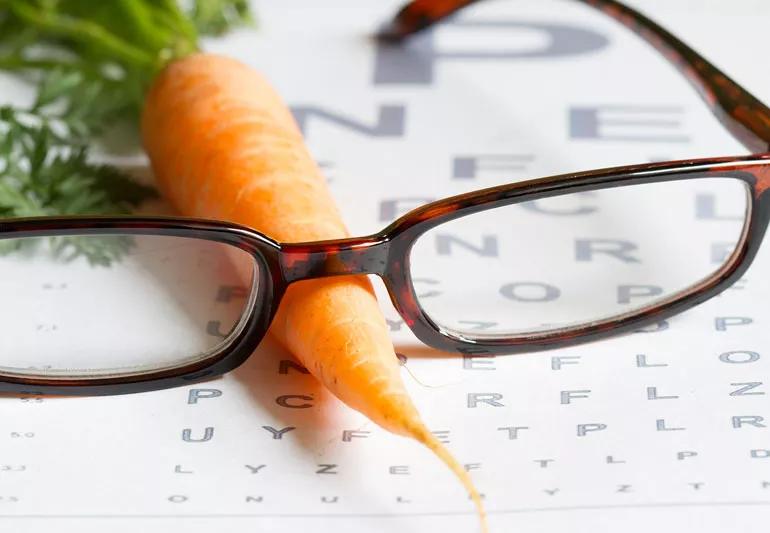
Eye issues can stem from a variety of different things and there’s no question that vitamin deficiencies can cause eye problems. You may ask yourself: Do I need vitamins or supplements as a result?
Advertisement
Cleveland Clinic is a non-profit academic medical center. Advertising on our site helps support our mission. We do not endorse non-Cleveland Clinic products or services. Policy
If your diet is missing the key vitamins or nutrients you need on a day-to-day basis — or you have a diagnosed deficiency that increases your disease risk — your doctor may recommend taking supplements.
“But for most people, they aren’t necessary for eye health,” says ophthalmologist Richard Gans, MD. “You can get the vitamins you need through your diet. And there is little evidence connecting vitamin supplements with improved eye health.”
There’s one exception for a specific eye condition: Age-related macular degeneration (AMD). If you have AMD, talk to your ophthalmologist about whether supplements are appropriate.
Research has shown that people with AMD might benefit from taking specific vitamins. Another study determined that taking certain vitamins in high concentrations slows the progression of this condition in a large percentage of people. However, the study notes that taking these vitamins can only slow the disease. Unfortunately, no vitamins can prevent it from forming in the first place.
The National Eye Institute updated their guidelines recently for AMD in their study called the AREDS 2 (Age Related Eye Disease Study) with the following recommendations:
Be sure to consult with your doctor first before taking any supplements.
For other eye conditions, the evidence is limited.
“Many simply haven’t been evaluated as thoroughly as AMD with regard to diet and nutrition, so there’s no strong recommendation for taking vitamin supplements for them,” Dr. Gans says. “As for glaucoma, there is little evidence that vitamins have any impact on this condition.”
Advertisement
One study found that omega-3s from fish oil supplements didn’t have any beneficial results for dry eye and were no better than a placebo.
In general, it’s best to eat a diet with a full complement of nutrition to ensure you aren’t vitamin-deficient. That’s true not only for your eye health, but also for your overall health.
For example, leafy green vegetables such as spinach, kale, mustard greens and others offer many of the vitamins and nutrients that are good for eye health.
Likewise, if you want to boost your omega-3 intake, you can find it in fatty fish and many types of nuts and seeds. Sprinkle nuts and seeds onto your salads or eat them as snacks to get a quick boost of nutrients.
Carrots are also high in vitamin A, which is important in retina metabolism. To reap the benefits, get your daily dose of vitamin A by munching on carrots during your busy day.
“But beyond vitamin A, carrots don’t hold any magical properties for eye health,” says Dr. Gans. “That may come as a surprise if you were told growing up that rabbits never wear glasses.”
Advertisement
Learn more about our editorial process.
Advertisement

If you’re taking supplements, it’s important to understand which vitamins and minerals you can get too much of, like vitamin C and calcium

Preserving your social life and protecting your mental health are key to living well with vision loss
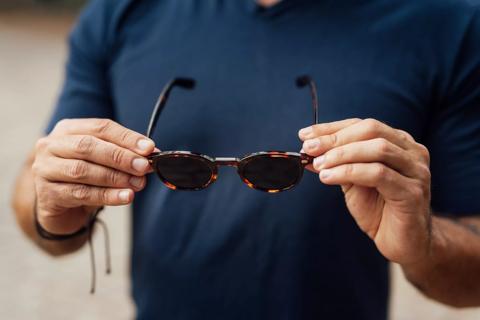
Start low-vision rehabilitation as soon as possible and see your retina specialist at least every six months
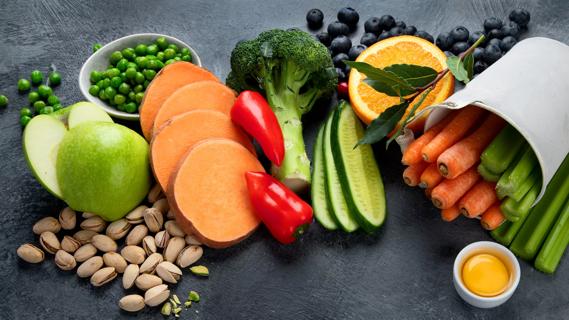
This powerful carotenoid can help with your eye and skin health, LDL reduction and cognitive function
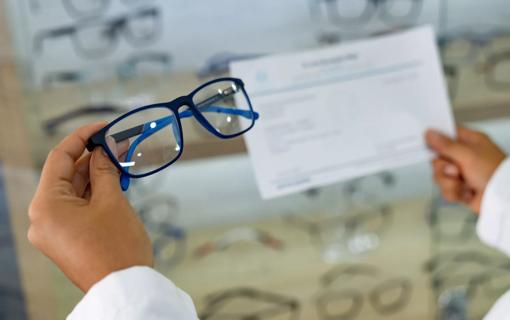
Your eye prescription reveals a lot about your eye health, including how they’re shaped, how well you see and what your new glasses can do for your sight

There are several vitamins and mineral supplements that many people can benefit from — but it’s important to consult with a healthcare provider before you start one

It’s critical to have the proper eyewear if you plan to look up at the sun, especially during the total solar eclipse on April 8, 2024
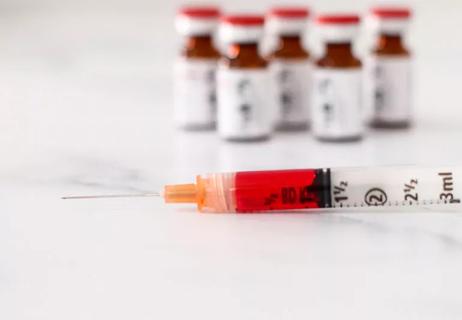
If you have low B12 or a true deficiency, these shots can work wonders

Your metabolism may torch 1,300 to 2,000 calories daily with no activity

A gentle touch in all the right places may help drain your sinuses